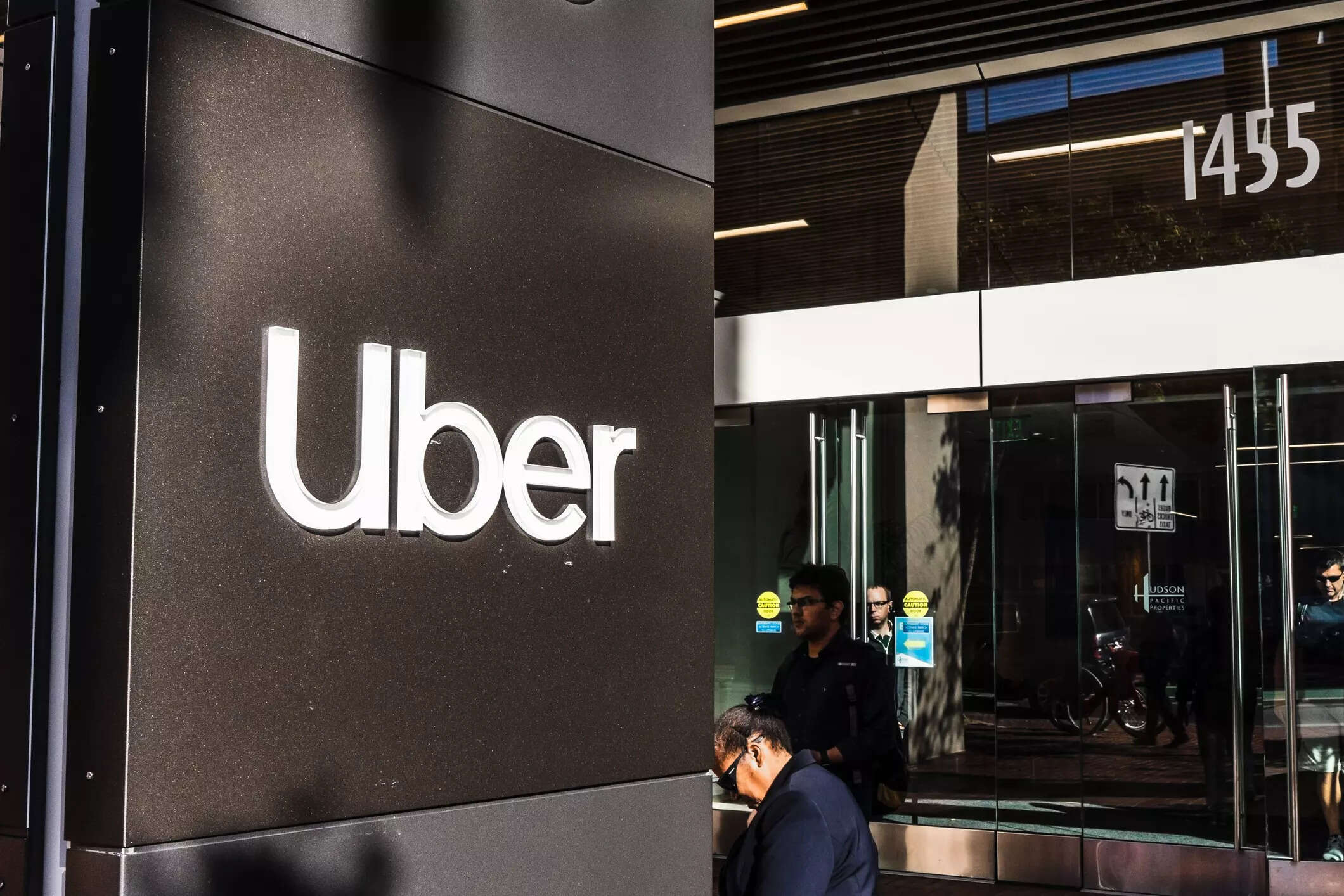
Indians travelled close to 4.5 billion kilometres in Uber taxis in 2022, according to an annual analysis by the company.
Uber released its report titled ‘How India Ubered in 2022’, giving a glimpse into the riding patterns of Indian consumers. According to the report, Uber’s low-cost cab option Uber Go was the most popular product, while Uber Auto was a close second.
This comes after the Karnataka Government in October issued notices to cab-aggregators in Bengaluru for allegedly violating the Karnataka On-demand Transportation Technology Aggregators Rule 2016 by illegally operating autorickshaws and overcharging customers. Following this, the service charge cab aggregators could charge their customers was capped at 5% of the fare. Services including Uber and Ola have filed a writ petition against the Karnataka Transport Department order in the Karnataka High Court.
According to the report, Delhi-NCR had the highest number of trips, followed by Bengaluru, Hyderabad, Mumbai and Kolkata. The report also highlighted that most trips were booked between 5 pm and 6 pm, reflecting the increasing number of people commuting to work.
The report also said that users spent more than 11 billion cumulative minutes, or about to 7.6 million days, in Uber rides. The slowest cities, according to the report were Hyderabad, Chennai, Bengaluru, Guwahati and Kolkata, in that order.
Uber India, which now has a presence in 123 cities and towns, reported a 7.1% jump in its annual revenue for FY22 to Rs 396.95 crore. Over the same period its total loss fell substantially to Rs 216.42 crore, from Rs 333.89 crore in pandemic-stricken FY21.
Of the company’s operational revenue, Rs 388.23 crore came from the ride-hailing vertical during the year ended March 2022, up 30% from Rs 299.76 crore in FY21.
Also Read:

